Mozambique: Government investigates attack on Russian oceanographic vessel off Cabo Delgado
Mozambican civil society proposes national peace conference
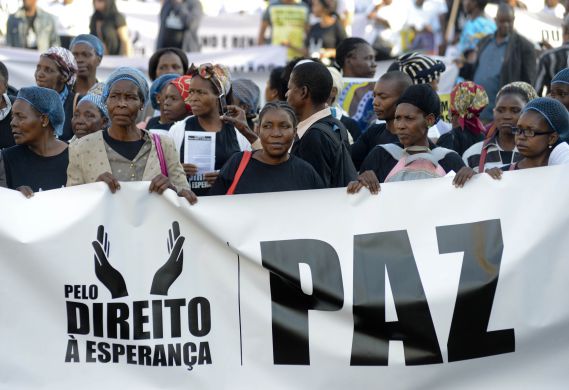
The Monitoring Panel of the Political Dialogue (PMDP), made up of personalities from Mozambican non-governmental organisations, yesterday called for a national peace conference in Mozambique and demanded the immediate cessation of military hostilities.
“Stopping the war should be the priority. This is the unanimous sentiment,” PMDP member Roberto Tibana said during the presentation of the proposal of the National Conference on Peace, Reconciliation and Development in Maputo.
In addition to reiterating the need to extend the dialogue to other political players, especially civil society, the document presented yesterday by the PMDP proposes that the international bodies of which Mozambique is a member should be mobilised to create an environment of trust between the government and the Mozambican National Resistance (Renamo), as a way of guaranteeing conditions for a cease-fire.
“Mozambique is a member of the international community and international organisations have duties to the country,” Tibana said, warning of the consequences of “leaving things until implosion”.
The PMDP proposal, which results from country-wide consultations, also insists on the need to separate the Defense and Security Forces and the army from political parties, a point that is on the agenda of current negotiations between the Mozambican government and the main opposition party.
“It is necessary to define principles for the management of the armed forces which defend the interests of the nation and non-partisans,” Tibana noted.
According to Tibana, the people heard during the consultation process associate the hidden debts incurred between 2013 and 2014 and totalling more than US$2 billion with the political and military conflict and demand that the result of the current international audit be published.
“The Mozambicans want the people involved in this process to be held accountable,” said the economist, pointing out the strong relationship between economic management and political conflict in a country.
The proposal for a national meeting to reflect on peace, reconciliation and development came as part of the Pensar Moçambique conference organised by the Youth Parliament in July.
The meeting culminated in the issuing of four letters to the Mozambican President, Filipe Nyusi, Renamo leader Afonso Dhlakama, and to the heads of the delegations of the two parties to the negotiations, Jacinto Veloso for the government and José Manteigas for Renamo, demanding the participation of civil society in the ongoing dialogue.
The central region of Mozambique has been the scene of clashes between the armed wing of the main opposition party and defence and security forces, with mutual denunciations of abductions and assassinations of political leaders on both sides.
Renamo accuses the Mozambican Liberation Front (Frelimo) of having undermined the 2014 election, returning the ruling party to government for a span of more than 40 years, and demands to govern in six provinces where it claims victory.
Mozambican authorities have blamed Renamo for several attacks on civilian targets on main roads in the centre of the country, where traffic circulation is subject to mandatory military escort.


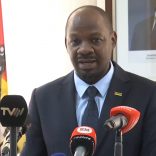

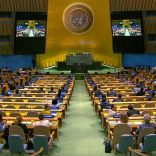
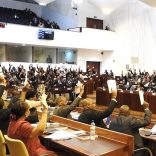
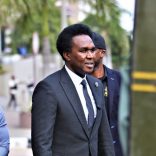





Leave a Reply
Be the First to Comment!
You must be logged in to post a comment.
You must be logged in to post a comment.